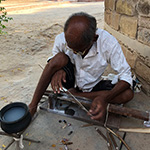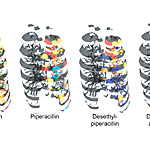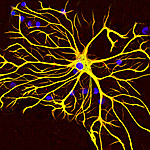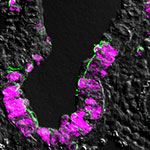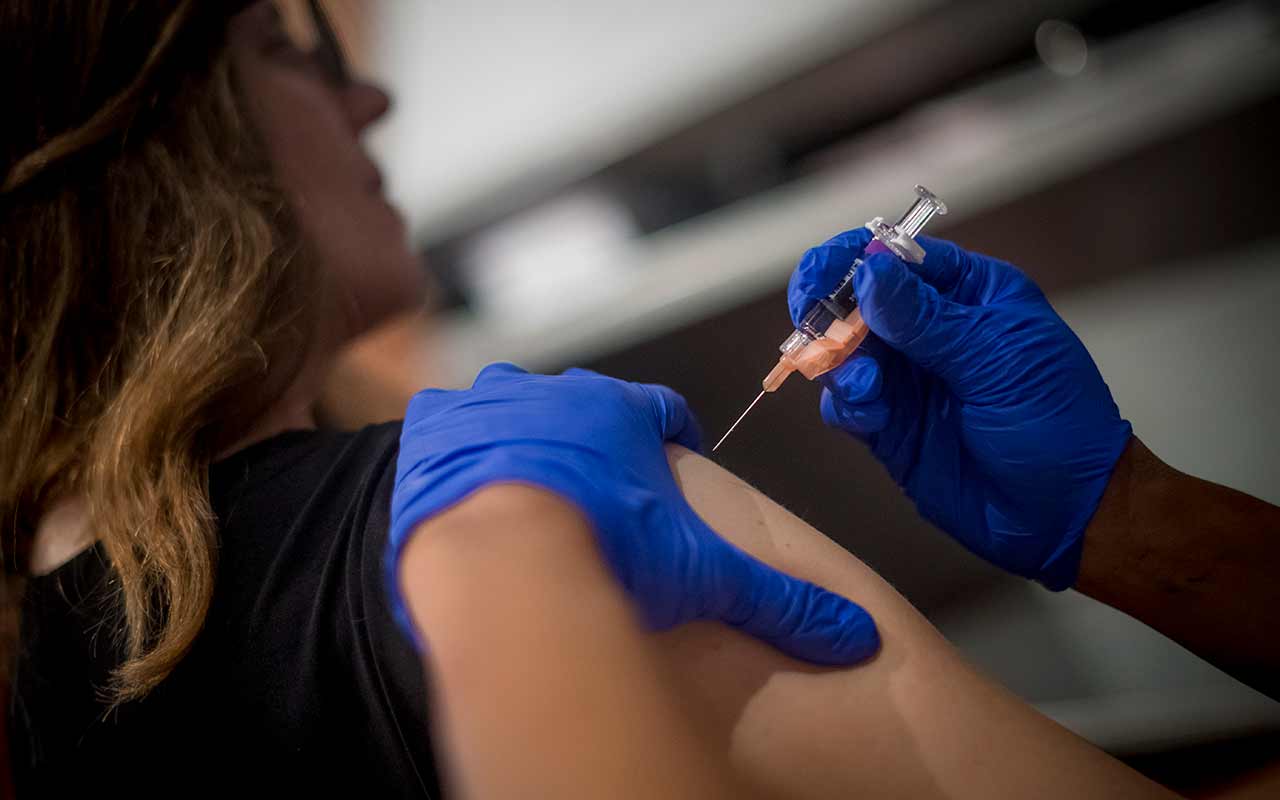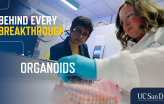UC San Diego Cyber-Archaeologist Participates in ‘Dialogue of Civilizations’
University of California San Diego anthropology professor Thomas E. Levy is back in San Diego after participating in the fourth International Conference on Dialogue of Civilizations, held in Ahmedabad, India and co-organized by the National Geographic Society (NGS), Archaeological Survey of India (ASI) and India’s Ministry of Culture.
